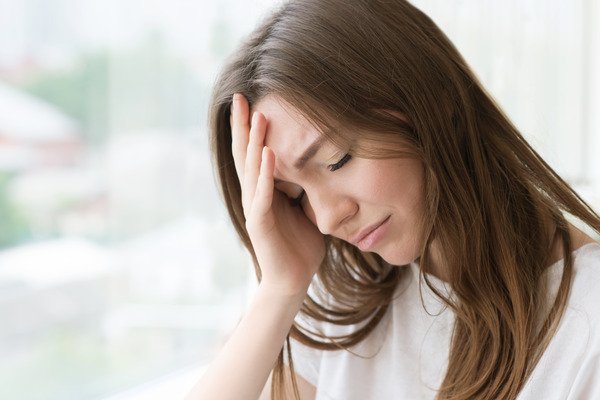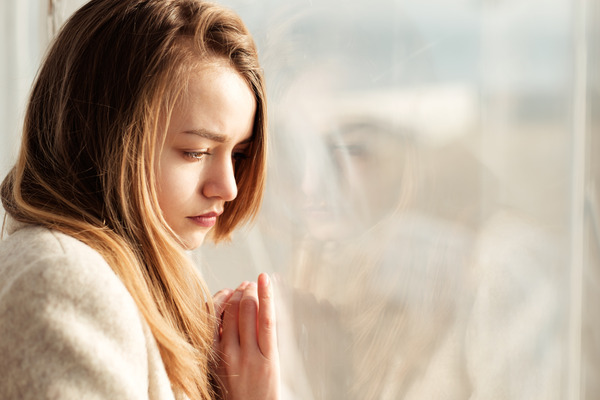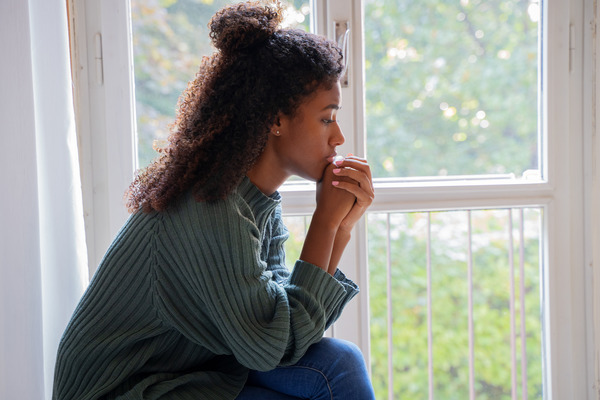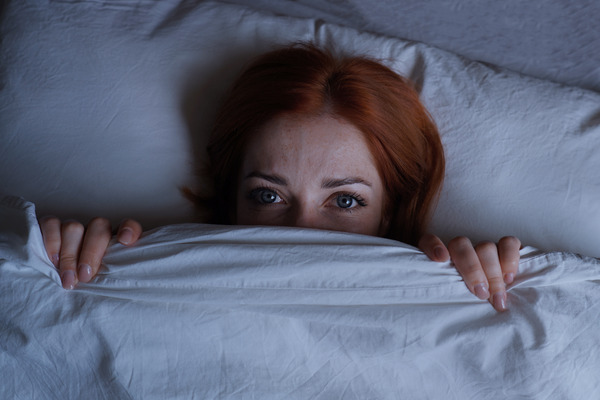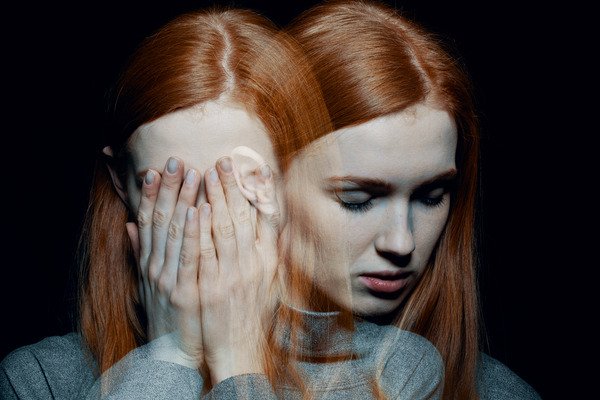Does depression have physical symptoms? What are the symptoms of depression that cause pain in our body? Discover the other side of this psychological disorder.
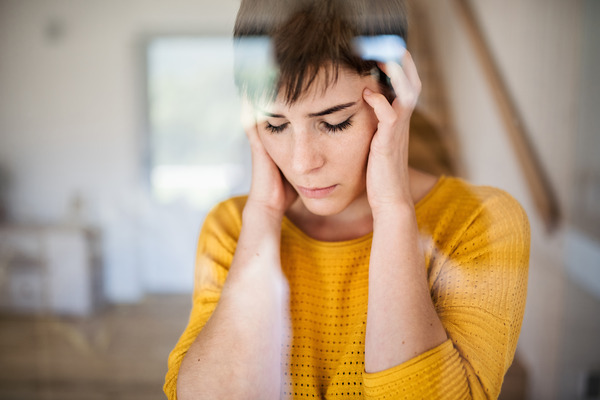
The symptoms of depression The most well-known are usually the emotional ones, in fact, this disorder becomes recognizable through the sadness, guilt, irritability and feelings of hopelessness that those who suffer from it suffer.
Although depression is a mental disorder, the reality is that it also causes damage to our body. In fact, many people may discover that they are facing a depression by observing its physical symptoms
Depression and its physical symptoms
In addition to the presence of the psychological symptoms of depression people who suffer from this disorder may also suffer from the following signs.
- Pain: One of the physical symptoms of depression The more unknown are the pains and discomforts that are associated with this disorder. Among them, these symptoms of depression affect the joints, limbs and back. In some cases, people may experience ‘whole-body’ pain that is usually chronic and makes them feel weak. Currently, research that relates depression to these physical symptoms usually suggests that this sign may be caused by the deregulation of various neurotransmitters such as serotonin.
- Gastrointestinal symptoms: Another of the most common physical symptoms of depression They are problems related to the stomach and digestion. In fact, people suffering from depression may experience nausea, bloating, diarrhea, or constipation due to this disorder. According to studies, a possible explanation for these signs of depression is also in the effects that this disorder has on serotonin. In fact, research suggests that this neurotransmitter plays a very important role in the maintenance and functionality of our digestion. So much so that a large part of our body’s serotonin is produced and stored in the intestine.
- Less immunity: The depression and its physical or psychological symptoms They can also affect our immune system from functioning in the most optimal way, that is, people are more likely to get sick due to the presence of this disorder. Additionally, when a person with a weakened immune system gets sick, it may take longer to get better.
- Sleep problems: In the depression another of the physical symptoms The most common is the presence of various problems sleeping. So much so that when psychologists must diagnose depression, they usually find sleep disorders as one of its main symptoms. Professionals point out that the relationship between depression and sleep is bidirectional, that is, they can influence the development of both disorders. Additionally, studies show that alterations in our circadian rhythm can also contribute to depression.

- Fatigue: Fatigue is another physical symptoms of depression that most affect people who suffer from this disorder. Among the most common signs of depression, fatigue is usually caused by the fact that no matter how much depressed people sleep, they never feel fully rested. This permanent fatigue usually makes depressed individuals have difficulty getting out of bed or carrying out any of their daily activities. Fatigue is not only one of the most common symptoms of depression, but it is also one of the most complicated when approaching treatment for this disorder.
- Psychomotor symptoms: When we talk about the depression and physical symptoms Related to the term ‘psychomotor’ we refer to those signs that make a person feel slower both in their way of thinking and moving. Depressed people may perceive their thoughts or movements as heavy.
- Hypertension: Hypertension is not exactly one of the physical symptoms of depression This actually has to do with stress, which is often closely related to the development of a depressive disorder. This is because depressed people can develop it because they are experiencing too much stress for long periods of time. This chronic stress contributes to high blood pressure, that is, hypertension. By suffering from one of these symptoms of depression and stress, people may be more likely to suffer from cardiovascular disease.
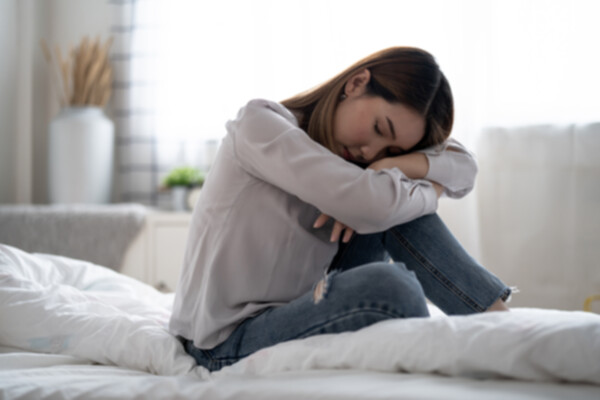
- Changes in appetite and weight: There are many cases in which the depression and lack of appetite or the increase of this is related. The factor that can contribute to weight gain is what is known as ’emotional eating’, in which people turn to food to cope with feelings derived from depression. On the other hand, depression can also cause a person to lose weight due to lack of motivation and lack of energy due to this illness.
- Side effects of medications: Besides everyone physical symptoms of depression specific to this disorder, people who are taking medication for depression may also suffer some effects. Although these symptoms of depression are generally mild and improve when the body adapts to the drug, in some cases they can be serious and persistent. Among the effects of medications used to treat depression we find the following: dizziness, dry mouth, fatigue, insomnia, sexual dysfunction, blurred vision, changes in appetite, among others. In these cases, it is important to consult with a psychiatrist and psychologist to be able to adapt the medication and treatment due to these symptoms.
It is important to know the symptoms of depression, whether physical or psychological If you identify with these physical symptoms of depression, in addition to feeling the emotional signs of this disorder, it is important that you go to a mental health professional. On some occasions, physical damage can be related to mental impairment.



